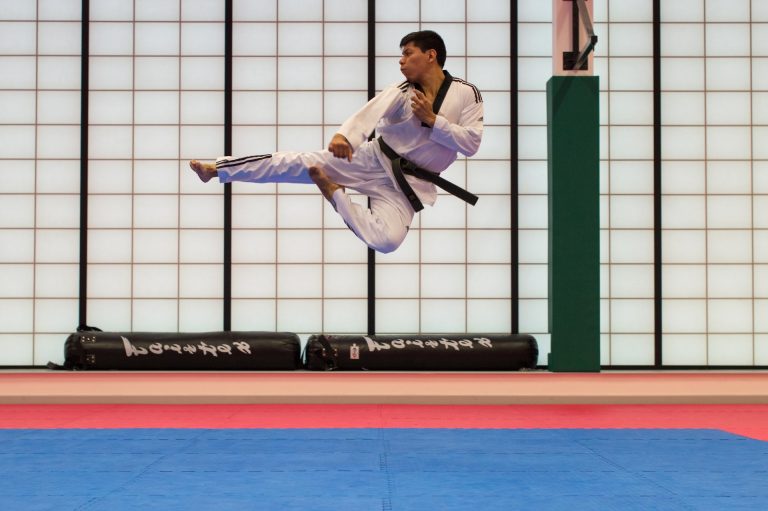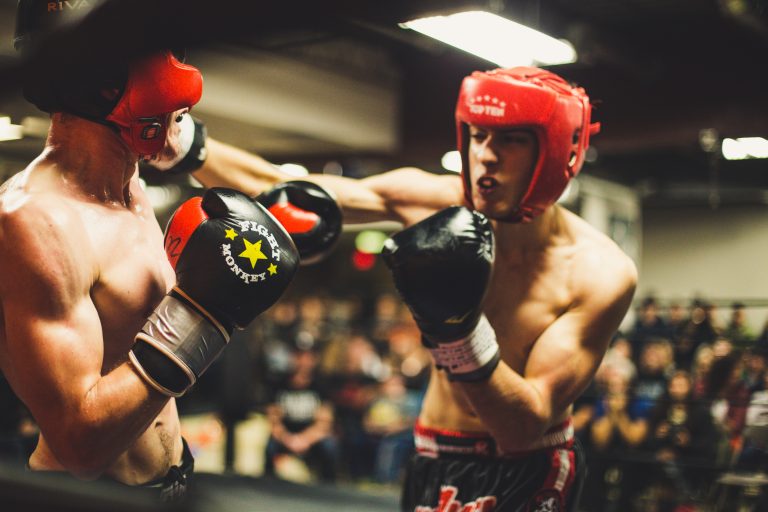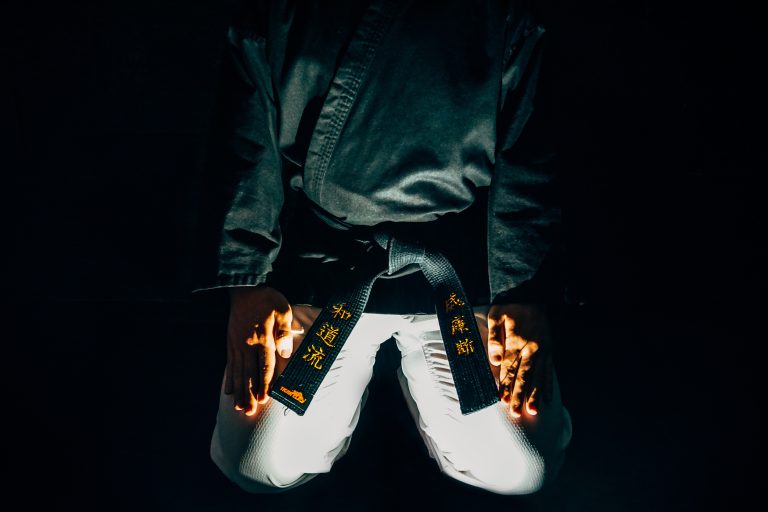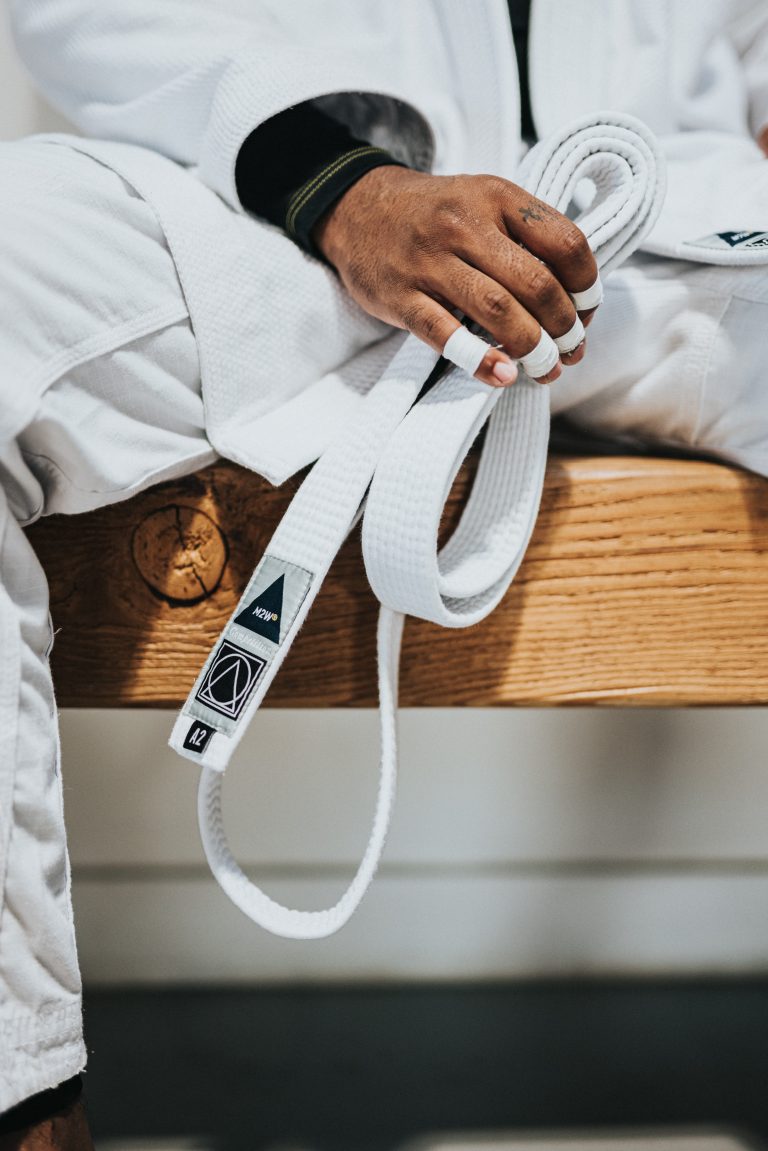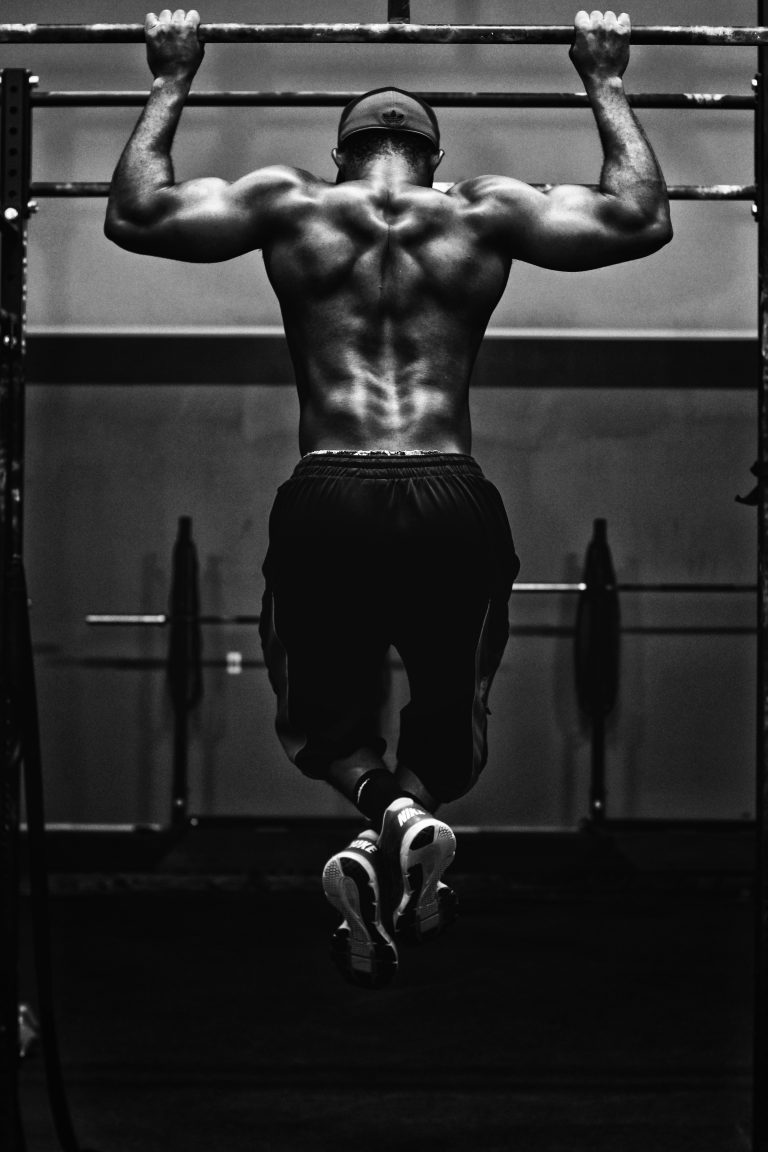A Guide to Developing Ki Through Karate Training
For martial artists and spiritual seekers alike, developing one’s “ki” is seen as essential to their training. Commonly translated as “life energy,” ki is a concept originating in eastern spiritual traditions such as traditional Chinese medicine, Japanese martial arts, and Buddhist philosophy. The idea of ki is central to the practice and philosophy of karate, as it is believed that proper ki development will lead to improved physical and mental performance. In this guide, we’ll discuss what ki is, and how it can be developed through karate training.
What is Ki?
Ki, or qi, is a term used in Chinese philosophy to refer to an all-encompassing life force. Generally described as vital energy or vitality, it is believed to flow through all living things and permeate the universe. In traditional Chinese medicine, ki is thought to be the invisible energy responsible for health and well-being, and can be manipulated through massage, acupressure, herbal remedies, qigong, and other forms of healing. In martial arts such as karate, ki is seen as being crucial to physical and spiritual development.
It is believed that ki improves martial artists’ performance in combat by increasing their power and control. However, the concept of ki goes beyond a mere physical enhancement — karate (and other martial arts) practitioners use its principles to prepare the mind and body for the rigors of martial combat. By cultivating an awareness of ki before engaging in physical practice, practitioners can use the energy of this life force to gain insight into their opponent’s strategies and position. According to some Eastern martial arts traditions, a student’s ki should be cultivated through regular practice before engaging in physical combat. Ki-based martial arts also includes disciplines that use meditation, visualization, and breath control to cultivate ones energy.
How Can Karate Training Develop Ki?
Karate practice is an excellent way to develop one’s ki. The nature of karate relies heavily on body mechanics and the collection of body and breathing exercises known as kata. Through physical training and careful study of these exercises, practitioners can learn to coordinate their movements while simultaneously accessing their inner-energy/ki. Additionally, kata employ ki principles – such as using kinetic energy generated by movement – as a way to magnify the practitioner’s power without expending a large amount of energy. Karate practitioners can further hone their ki by focusing on the other aspects of their practice such as blocking, striking and kicking techniques.
The meditative aspects of karate also offer excellent support for ki development. While performing kata, practitioners often focus on breathing techniques along with their movements. Breath control practices involve taking deliberate breaths to direct energy flow in the body. This practice encourages greater concentration and awareness of one’s surroundings which can allow practitioners to better access the flow of ki throughout the body.
Karate also incorporates body strengthening exercises which are believed to increase a student’s access to ki. As the body becomes stronger through these exercises, it can better withstand challenging training sessions and reduce fatigue. These exercises also act as a form of relaxation which can help practitioners access deeper levels of concentration needed for proper ki development.
Furthermore, karate training helps practitioners develop self-discipline and focus on both physical and mental aspects of the practice. It is believed that this discipline helps practitioners learn to control their ki, rather than letting it control them. By intentionally controlling one’s ki they gain access to greater levels of power.
Putting It All Together: Tips for Ki Development
- Begin each practice session with breathing exercises – this will help focus your mind and clear it from distractions.
- Focus on your breathing during kata, using each breath to direct your movement and visualize the flow of ki throughout your body.
- Engage in strength exercises to build endurance, reduce fatigue and improve control over your body movements.
- Implement self-discipline into practice and become mindful of when you are relying too heavily on your physical strength or letting other distracting thoughts enter your mind.
- Train regularly – consistent and regular training will help you develop strength in terms of both body and spirit.
Ki development through karate training is an important part of the martial art and can help martial artists improve their performance. By honing their self-discipline and applying ki principles during practice sessions, martial arts practitioners can access their inner power on a deeper level. Through regularly practicing these techniques and focusing on breath control, body strengthening exercises and mental discipline during kata, martial artists can experience incredible improvements both in terms of physical strength and spiritual awareness.
A Guide to Developing Ki Through Karate Training: Frequently Asked Questions
Karate is not just about physical fitness and self-defense, it’s also about strengthening your mind and spirit through the practice of Ki development. When you start to focus on Ki development, you begin to learn how to tap into the vast potential that is within you. In this guide, we will answer some of the most frequently asked questions about developing Ki through Karate training.
What is Ki and why is it important in Karate?
Ki, also known as Qi or Chi, is the life force energy that flows through all living things. In Karate, Ki is seen as the driving force behind all movements and techniques. Developing Ki is important for a Karate practitioner because it enables them to perform their movements with greater efficiency, power, and control.
Can anyone develop Ki through Karate training?
Yes, anyone can develop Ki through Karate training, regardless of age or experience. However, it requires consistent practice and dedication to develop your Ki, just like any other skill.
What are some techniques for developing Ki through Karate training?
There are various techniques for developing Ki through Karate training, including:
1. Breathing exercises:
Breathing exercises are essential for developing Ki. Practice deep breathing exercises, such as abdominal breathing and reverse breathing, to strengthen your respiratory system and enhance your energy flow.
2. Meditation:
Meditation is an effective way to develop your Ki by focusing your mind and controlling your breathing. It helps to calm your mind, reduce stress, and develop inner peace.
3. Kata practice:
Kata practice involves performing pre-arranged movements and patterns. It helps to develop your Ki by improving your balance, coordination, and focus.
4. Kumite training:
Kumite training, or sparring, is an important aspect of Karate training that helps to develop your Ki by testing your skills in a real-life situation. It helps you to develop your strategy, timing, and reflexes.
How long does it take to develop Ki through Karate training?
The development of Ki is a lifelong practice, and it can take years of consistent training to see significant results. However, practicing Ki development techniques on a daily basis can help you to see improvements in your physical, mental, and spiritual abilities.
What are the benefits of developing Ki through Karate training?
Developing Ki through Karate training has numerous benefits, including:
1. Increased physical power and stamina:
Developing your Ki can help to increase your physical power and endurance, allowing you to perform your movements with greater efficiency and control.
2. Improved mental focus and concentration:
Ki development techniques help to improve your mental focus and concentration, leading to better judgment and decision-making abilities.
3. Greater self-awareness and self-confidence:
Developing your Ki can help you to understand yourself better, leading to increased self-confidence and self-esteem.
4. Improved overall well-being:
Ki development techniques promote overall health and well-being by reducing stress, improving sleep, and enhancing the immune system.
Conclusion
Developing Ki through Karate training is a lifelong practice that requires consistency and dedication. By practicing Ki development techniques, you can improve your physical, mental, and spiritual abilities, leading to a more fulfilling and rewarding Karate experience. Remember to focus on your breathing, practice meditation, and remain dedicated to your training, and you’ll see improvement in no time.
Inhaltsverzeichnis

